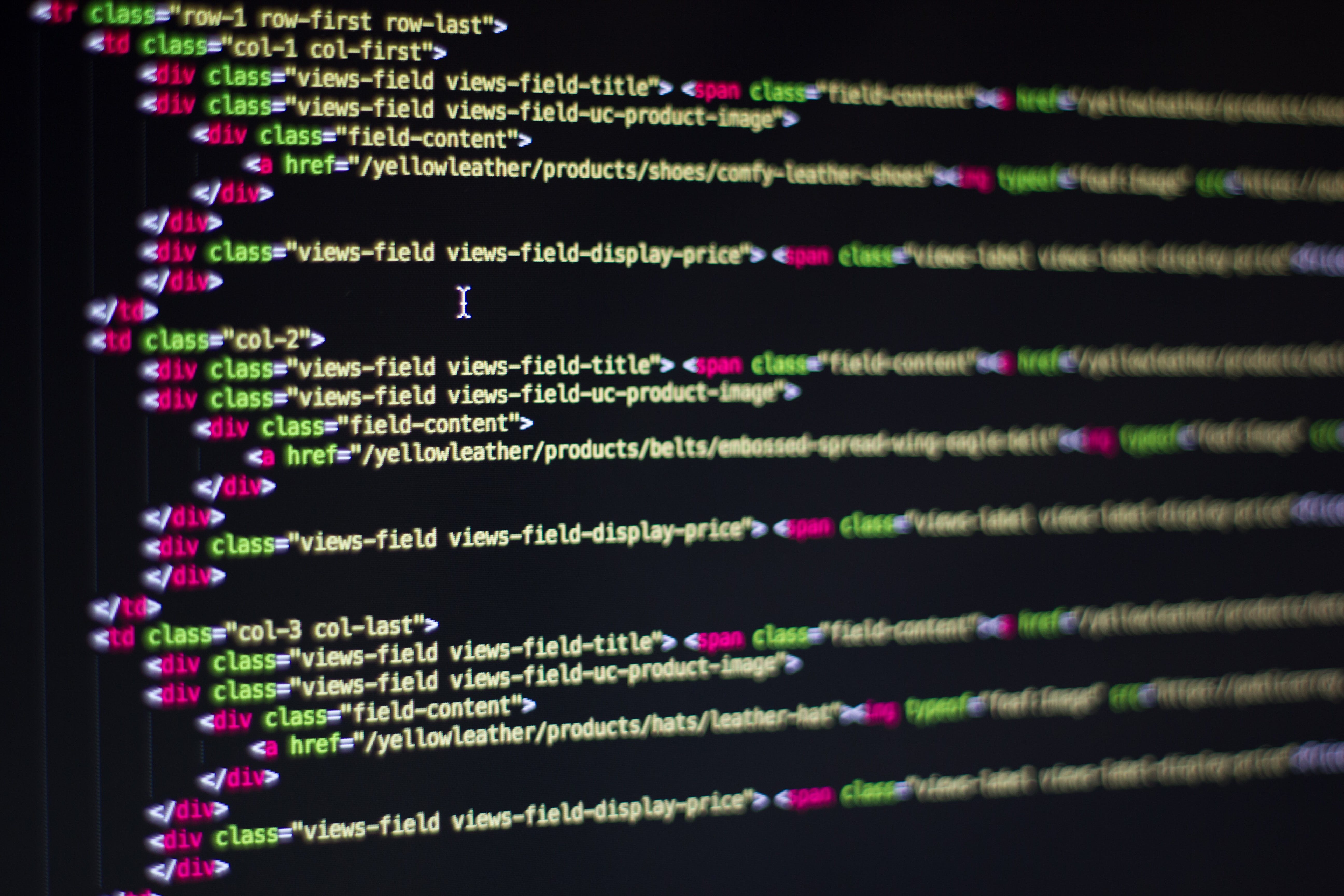Top Best Mobile App Developers in Seattle Unveiled!

Seattle, known for its vibrant technology scene, is a hub for some of the best mobile app developers in the country. This city has become a breeding ground for innovation, with a diverse array of companies ranging from startups to tech giants. The competition among mobile app developers in Seattle is fierce, fostering an environment that encourages cutting-edge developments and state-of-the-art app solutions.
For businesses looking to launch or upgrade their mobile applications, Seattle offers a wealth of talent and expertise. With a strong focus on user experience and technological advancement, the best mobile app developers in Seattle are well-equipped to handle a variety of challenges, from intricate enterprise solutions to trendy consumer apps. Their ability to stay ahead of the curve in terms of market trends and consumer preferences makes them invaluable partners in the digital transformation journey.
If you’re seeking to enhance your business with a robust mobile app, consider partnering with Biz4Solutions. Our experienced team is committed to delivering exceptional software services that align with your business goals, ensuring your app not only meets but exceeds user expectations.
Criteria for Selecting Top App Developers

Selecting the top app developers involves a careful evaluation of several critical criteria to ensure the success of your mobile application. Firstly, technical expertise is paramount; the best developers possess a deep understanding of various programming languages, platforms, and frameworks. Secondly, experience in the industry plays a significant role. Developers who have a proven track record of delivering high-quality apps within deadlines are more likely to replicate that success for your project.
Another essential factor is the portfolio of past work. A developer’s portfolio showcases their capabilities and the types of projects they have undertaken, providing insight into their design and development strengths. Client testimonials and reviews also offer a glimpse into the developer’s reliability and the satisfaction level of past clients.
Communication and project management skills are equally important. The best developers ensure transparent and consistent communication throughout the development process, and they employ efficient project management methodologies to keep the project on track. Lastly, an emphasis on user experience (UX) and user interface (UI) design is essential, as these aspects greatly influence the adoption and success of the app.
By considering these criteria, businesses can confidently select a mobile app developer that will deliver an application that is not only technically sound but also provides an engaging experience for the end-user.
Innovative Trends in Mobile App Development

The mobile app development industry is continually evolving, with new trends emerging that shape the future of app experiences. One of the most significant trends is the integration of Artificial Intelligence (AI) and Machine Learning (ML), which allows for the creation of smarter apps that can predict user behavior and personalize experiences.
Augmented Reality (AR) and Virtual Reality (VR) are also gaining traction, providing immersive experiences that are transforming gaming, education, and even healthcare apps. Moreover, the rise of Internet of Things (IoT) enabled apps is making interconnectivity between devices a reality, opening up new possibilities for home automation and beyond.
In the realm of design, minimalism is a trend that continues to dominate. Simplified user interfaces that focus on essential features enhance usability and appeal to the modern user’s desire for clean and uncluttered design. Additionally, the adoption of cloud computing is becoming more prevalent, facilitating better storage solutions and streamlined operations for app developers.
With the ongoing shift towards mobile-first strategies, it’s crucial for developers to stay abreast of these trends. Those who successfully integrate these innovative technologies into their app development practices are poised to offer cutting-edge solutions that cater to the dynamic needs of businesses and consumers alike.
Key Services Offered by Seattle’s App Experts

Seattle’s landscape for mobile app development is rich with talent and expertise, offering a wide array of key services to cater to the diverse needs of businesses. Amongst the foremost services, custom mobile app development stands out, with developers creating tailor-made solutions that fit the unique requirements of each business. This includes both native and cross-platform development, ensuring compatibility and optimized performance across different devices and operating systems.
Another critical service is UI/UX design, where Seattle’s app experts excel in crafting intuitive and engaging user interfaces that enhance the overall user experience. These designs are not only aesthetically pleasing but also user-friendly, contributing to increased user retention and satisfaction.
Enterprise app development is also a niche that Seattle’s developers have mastered, providing robust applications that streamline business processes, improve productivity, and fortify data security. Additionally, many firms offer app maintenance and support, ensuring that applications remain up-to-date, functional, and secure post-launch.
Seattle’s best mobile app developers are also proficient in e-commerce app development, enabling businesses to tap into the booming online shopping market with seamless, secure, and scalable shopping platforms. Lastly, with the surge of data-driven decision-making, these experts are providing analytics and data integration services that help businesses gain valuable insights and improve their strategic initiatives.
Success Stories of Seattle’s Mobile Apps
The Seattle tech scene has been the birthplace of numerous success stories in the mobile app world, each demonstrating the expertise and innovation of the region’s best mobile app developers. One such story is that of a health and wellness app that leveraged the power of artificial intelligence to offer personalized fitness coaching. This app not only garnered thousands of downloads but also received accolades for its user-centric design and functionality.
Another shining example is a locally developed e-commerce app that revolutionized the shopping experience for users by integrating augmented reality features. This app allowed users to visualize products in their own space before making a purchase, significantly increasing consumer confidence and sales for the business.
There’s also the narrative of a Seattle-based education technology app that transformed learning for students worldwide. By incorporating interactive lessons and real-time feedback, the app enhanced student engagement and educational outcomes, setting a new standard in the EdTech industry.
These success stories underscore the vast potential that lies within the realm of mobile app development in Seattle. They highlight how innovative thinking, coupled with technical prowess, can lead to applications that make a tangible difference in the lives of users and the operations of businesses. The best mobile app developers in Seattle continue to push the boundaries of what is possible, creating apps that are not only functional but also have the potential to disrupt industries and lead the way in digital innovation.
Tips for Collaborating with App Developers

Collaborating with the best mobile app developers in Seattle can be the key to your project’s success. To ensure a fruitful partnership, it’s crucial to maintain open lines of communication. Clearly articulate your vision, goals, and expectations from the onset. It’s equally important to be receptive to the developers’ expert insights and suggestions, as they bring a wealth of experience to the table.
Additionally, establish a well-defined project timeline with milestones to track progress effectively. Be prepared to provide prompt feedback during various development stages to keep the project aligned with your objectives. Embrace an agile approach, allowing for flexibility and iterative improvements based on user testing and market response.
Lastly, consider the cultural fit between your team and the developers. A partnership that thrives on mutual respect, shared values, and a common work ethic can significantly enhance collaboration and lead to a superior end product.
If you’re ready to bring your mobile app idea to life with a team that values innovation, user experience, and business growth, Biz4Solutions invites you to explore our services. We are committed to turning your vision into a reality with our comprehensive software solutions. Let’s create something extraordinary together!





